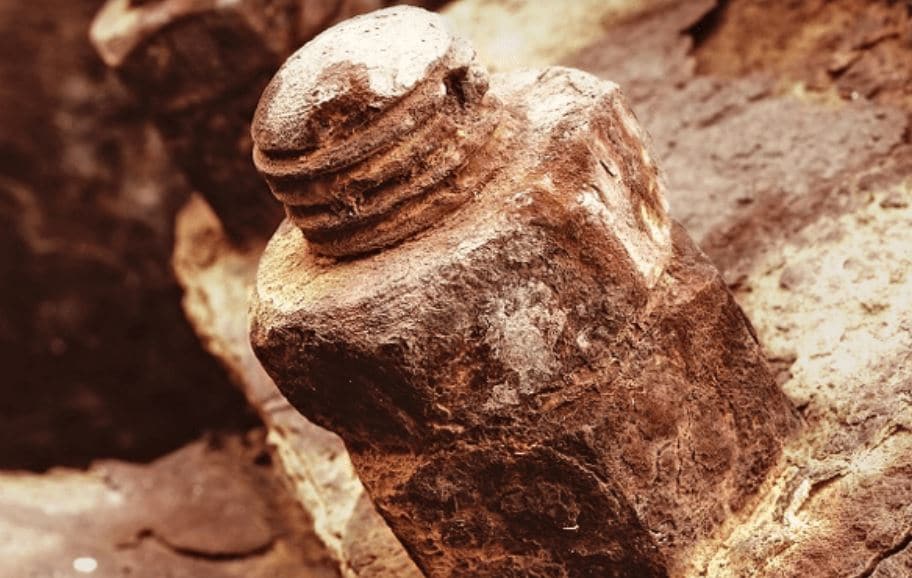Views: 0 Author: Rachel Wynn Publish Time: 2025-06-14 Origin: Site











"Does titanium rust?" It's a question frequently asked by engineers, product designers, and everyday consumers alike. Known for its exceptional strength and long-lasting performance, titanium often raises doubts about whether it can corrode like iron or steel. Understanding the science behind rust and how titanium interacts with its environment reveals why this extraordinary metal is trusted across industries — from cutting-edge aerospace applications to timeless jewelry design.
To determine whether titanium rusts, we must first understand what rust actually is. Rust is a term used to describe the chemical process where iron oxidizes in the presence of water and oxygen. This reaction produces iron oxide, or what we visually recognize as reddish-brown flakes on old metal surfaces.
Since titanium is not an iron-based metal, it does not form iron oxide and therefore does not "rust" in the traditional sense. However, that doesn’t mean it’s completely inert — instead, titanium undergoes a unique oxidation process that actually protects it.
When titanium is exposed to oxygen — whether in air or water — it develops an extremely thin, yet incredibly strong, oxide layer composed primarily of titanium dioxide (TiO₂). This layer is only a few nanometers thick but serves as an effective barrier against moisture, chemicals, and other corrosive agents.
What makes this layer remarkable is its ability to self-heal. If the surface is scratched or damaged, the titanium instantly reacts with oxygen again to rebuild the oxide layer. This property is why titanium is widely used in aggressive environments like seawater pipelines, industrial reactors, and even inside the human body.
| Property | Description |
|---|---|
| Oxide Layer | Forms automatically in oxygen; extremely stable and thin |
| Self-Healing | Rebuilds instantly after scratches or abrasion |
| Non-Toxic | Safe for biological applications like implants |
| Corrosion Resistance | Effective against salt, acid, chlorine, and moisture |

Thanks to its oxide shield, titanium shows exceptional durability in some of the harshest conditions known to man:
| Environment | Corrosion Behavior | Practical Use Case |
|---|---|---|
| Saltwater | Highly resistant | Used in submarines, ship hulls, offshore platforms |
| Body Fluids | Biocompatible, non-reactive | Orthopedic and dental implants |
| Industrial Chemicals | Survives nitric, sulfuric acids | Reactors and heat exchangers |
| Humid Climates | Does not tarnish or degrade | Consumer electronics, watches |
| Air & Rain Exposure | Oxide layer prevents corrosion | Building façades, bike frames |
Because of its excellent corrosion resistance and lightweight nature, titanium is favored in sectors where reliability, longevity, and hygiene matter.
Aerospace: Jet engines and airframes (used by Boeing, NASA)
Medical: Implants, pacemaker cases, surgical tools
Marine: Naval ships, deep-sea submersibles, desalination systems
Consumer Tech: High-end smartphones (e.g., Apple iPhone 15 Pro), smartwatches
Architecture: Modern, corrosion-resistant building exteriors

A: While titanium is highly corrosion-resistant, it can degrade in rare environments such as hot hydrofluoric acid or very concentrated hydrochloric acid. These conditions are uncommon in daily use or industrial applications.
A: Unlike other metals, titanium self-repairs its oxide layer immediately, meaning surface scratches don’t compromise its corrosion resistance.
A: Pure titanium does not tarnish. However, it can be anodized to appear blue, purple, or gold through electrical oxidation — a cosmetic change, not rust or wear.
A: Titanium is more corrosion-resistant than most stainless steel grades, especially in saltwater or acidic conditions. It is also lighter and non-magnetic.
A: For most applications, yes. It does not require painting, coating, or frequent cleaning to stay rust-free, making it ideal for long-term use in demanding settings.
Titanium stands apart in a world where corrosion is the enemy of durability. Its unmatched ability to form a resilient, self-healing oxide layer means it can withstand conditions that cause other metals to fail — from deep-sea exposure to biomedical implantation. Lightweight, biocompatible, and virtually maintenance-free, titanium continues to earn its place in critical industries where reliability isn’t optional. Whether engineered into aerospace components or worn daily as jewelry, this metal’s resistance to rust isn’t just impressive — it’s essential.






